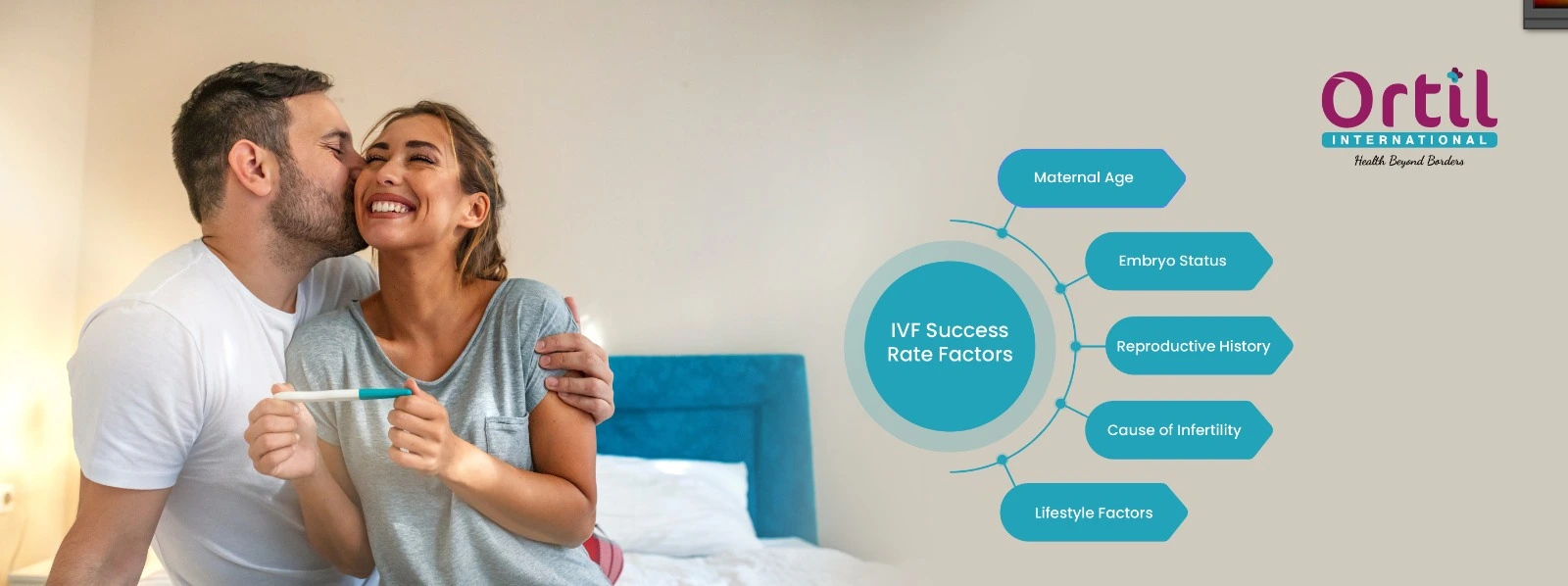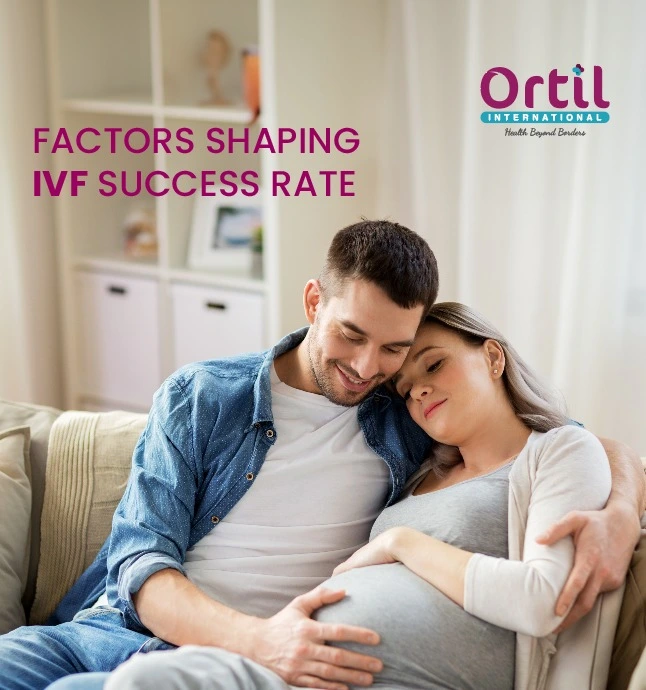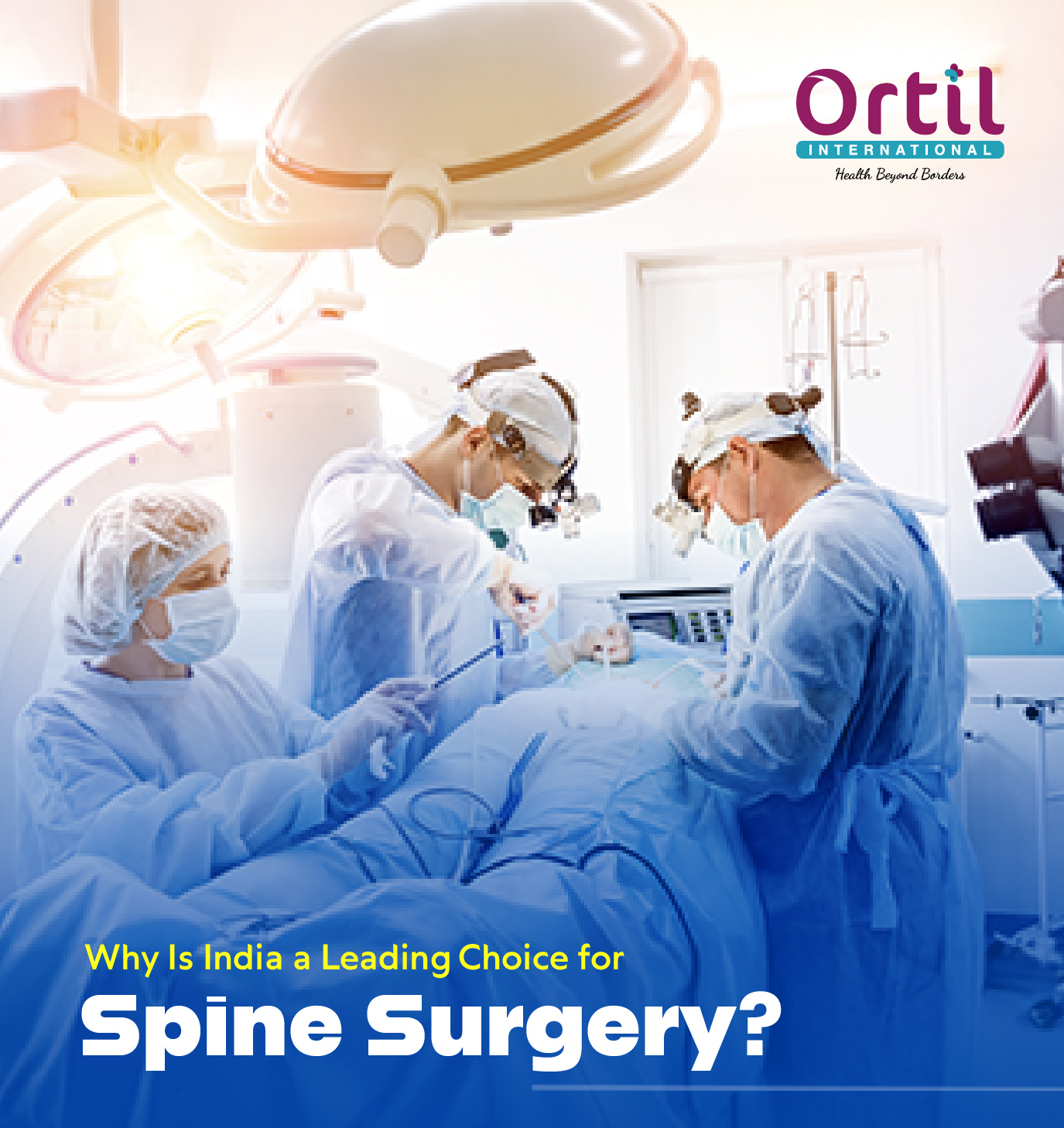What are the factors on which IVF success depends

The IVF success rate depends on many factors. To increase the chances of successful IVF you can work on modifying some factors that have a direct influence on IVF. If you are undergoing IVF, it will be beneficial for you to have an understanding of these factors. You should discuss these factors with your fertility specialist. This discussion will help you to maximize your chances of achieving success in the IVF process. Following are the important factors of IVF success.
Age
Age is a very important factor for you to achieve successful IVF. Your age affects both the chances of you getting pregnant and also the successful outcomes.
Fertility declines with age because the quality and quantity of eggs in the ovaries decreases with time. As you age, your ovaries produce low quality eggs with less quantity. Due to this reason, in the older age there are less chances of healthy mature egg retrieval during IVF which affect the IVF success rate.
If you’re under the age of 35, you have maximum chances of IVF success. But it also depends on your general health and specific fertility issues.
The Quality of Egg, Sperm, and Embryo
The eggs retrieved during the IVF process are examined under the laboratory. The lab attendant assesses the quality of your egg such as size, shape, and maturity of your egg. High-quality eggs are then selected to have a better chance of fertilizing and a successful IVF treatment.
The semen sample from your partner will also be analyzed under the laboratory to check the sperm count, motility and overall quality. If the sperms are not motile enough, then a technique of ICSI is usually performed, in which your partner’s sperms are injected into your egg in the laboratory settings.
After the fertilization of eggs with sperm, they are placed in a laboratory in a suitable environment to promote the development and growth. Embryo quality is also examined such as the number of cells, cell symmetry, and presence of fragmentation. After that, the best-quality embryos are selected for transfer into your uterus.
History of Previous Pregnancy
The history of a previous pregnancy can have an impact on IVF treatment in several ways.
Previous Pregnancy Complications: If your previous pregnancy was not successful and you have any of the conditions like recurrent miscarriages, ectopic pregnancies, or preterm deliveries, it may suggest that you have underlying fertility problems or health issues in your reproductive system.
Previous Successful Pregnancy: If you had a previous successful pregnancy, it indicates that you are capable of conceiving and carrying a pregnancy till the birth of your child. This can be a sign of your fertility health and maximum chances of successful IVF.
However, it's important to note that each pregnancy is unique, and factors such as age and overall health can affect the success of your IVF cycles.
Controlled Ovarian Stimulation Protocol
The Controlled Ovarian Stimulation (COS) protocol has a major effect on IVF success. By the use of some hormonal medications, COS can increase the number of mature eggs in your ovaries. This protocol has a significant impact on IVF success as it directly influences the quantity and quality of eggs used in IVF.
By carefully monitoring the growth and adjusting the dose of your medicine, COS helps in obtaining a maximum number of mature eggs. This, in turn, increases the chances of a successful fertilization and the development of high-quality embryos.
The COS protocol is designed according to your unique demands which allows you to get personalized treatment that maximizes the chances of your successful IVF.
Uterine or Endometrial Receptivity
The term "receptivity of the endometrium" means the ability of the uterine lining to receive and support the implantation of a fertilized embryo during the process of human reproduction. Uterine or endometrial receptivity is important for a successful implantation of an embryo and pregnancy in IVF. The embryo should be implanted according to the receptive state of endometrium.
Hormonal balance of estrogen and progesterone is necessary for achieving optimal receptivity. Disorders or abnormalities in the endometrium can negatively affect the receptivity and reduce the chances of implantation.
If you have any condition that can affect the receptivity of your endometrium, then it can negatively affect the outcomes of your IVF treatment.
Embryo Transfer
Several factors can affect the success of embryo transfer in IVF. These are:
Number of Embryos Transferred: more the number of embryos transferred, the more the chances of success of IVF which in turn increase the chances of multiple pregnancies. It also raises the chances of twins or triplets, which may carry complications during pregnancy.
Embryo Transfer Technique: The technique used during the transfer procedure can affect the outcome. The skill and experience of the fertility specialist in performing the transfer, the quality of ultrasound guidance, and the use of special tools are all the factors that can affect the IVF success rate.
Lifestyle Factors
Lifestyle factors can affect the success rates of IVF. If you are going to receive IVF treatment then it is important for you to maintain a healthy weight through proper diet and regular exercise because being overweight or underweight can negatively affect your fertility.
You should also avoid smoking, excessive alcohol and drug use because these unhealthy habits can have adverse effects on your fertility and IVF success rates.
Effective stress management through techniques like relaxation, counseling, or participation in support groups can also be beneficial. Furthermore, if you follow a well-balanced diet, get sufficient sleep, and minimize your exposure to environmental toxins then it will improve your reproductive health during IVF.
You must have heard some myths about IVF. Let’s discuss some of them:
Myth: "IVF always results in a successful pregnancy."
Reality: IVF does not guarantee a successful pregnancy in every attempt.
Myth: "Multiple embryo transfer increases the chances of success in IVF."
Reality: Transferring multiple embryos may increase the chances of pregnancy, but it also raises the risk of multiple pregnancies and associated complications.
Myth: "Natural remedies or alternative therapies can be used to increase IVF success rates."
Reality: There is limited scientific evidence to support the other therapies’ effectiveness in improving IVF success rates.
Myth: "IVF success rates are determined by the clinic or medical team."
Reality: Choosing an experienced fertility clinic is important, but IVF success rates also depend on individual factors, including age, specific fertility issues, and overall health of the patient.
Nature & Importance of IVF
IVF is a medical procedure that helps you when you are struggling with infertility to conceive a child. It involves the fertilization of your egg with your partner’s sperm in a laboratory which is then transferred to your uterus.
IVF provides hope and options for those who are unable to conceive naturally. IVF has advanced reproductive medicine that offers you a path to parenthood and brings joy to your families. Its importance lies in its ability to fulfill the dreams of hopeful parents longing for a child of their own.
Laboratory Quality
A high-quality IVF laboratory is important for the success of the procedure. It requires control of environmental factors, such as temperature and air quality, to resemble the conditions for embryo development as natural. The laboratory staff should be skilled in handling the eggs and sperms to form the embryos. The staff should follow strict protocols to minimize contamination and ensure accurate procedures.
By maintaining these standards, the IVF laboratory maximizes the chances of successful fertilization and healthy embryo development which ultimately increases the chances of achieving pregnancy for individuals or couples seeking assisted reproduction.
Fertility Clinic Selection
You should Select the right fertility clinic when you need assistance in reproductive techniques. You should Consider the clinic's success rates, reputation, and experience in treating your specific fertility issues. Always look for certifications and accreditations, such as those from reputable organizations.
Evaluate the clinic's laboratory quality, expertise of the medical team, and available treatment options. Assess the clinic's communication and support services, as emotional and psychological support are vital during your journey.
Location, cost, and insurance coverage should also be taken into account. By thoroughly researching and visiting potential clinics, you can make an informed decision that provides the best chance of achieving your desired outcome.
FAQ's of Factors of IVF Success
What is the most important factor for IVF success?
There are multiple factors that contribute to IVF success, including age, egg and sperm quality. So there is no specific important factor for IVF success.
What is the best chance for IVF success?
The best chance for IVF success is when you have an age below 35, overall healthy lifestyle and the good quality of the embryos.
What is the hardest part of IVF?
The hardest part of IVF can vary for each individual, but it often involves the emotional and physical impact, the uncertainty of the outcome, and the financial burden.
Which month is best for IVF success?
There is no specific month that guarantees IVF success. It usually depends on the condition of the individual.
How do I prepare my body for IVF?
To prepare your body for IVF, it's important to maintain a healthy lifestyle, eat a balanced diet, exercise regularly, avoid smoking and excessive alcohol consumption, and follow the guidance of your fertility specialist.
Do we need rest in IVF?
Rest is often recommended during IVF treatment.
Can I do housework after embryo transfer?
Light housework is generally acceptable after embryo transfer, but it's important to avoid heavy lifting.
What to avoid after embryo transfer?
After embryo transfer, it's advisable to avoid activities that may put stress on the body, such as excessive exercise, hot baths and use of excessive caffeine.
Does IVF have a 100% success rate?
IVF success rates depend on multiple factors, but it is not guaranteed to have a 100% success rate.
What is the weakness of IVF?
One weakness of IVF is that it does not always result in a successful pregnancy, and multiple cycles may be needed for successful IVF.
















.webp)


